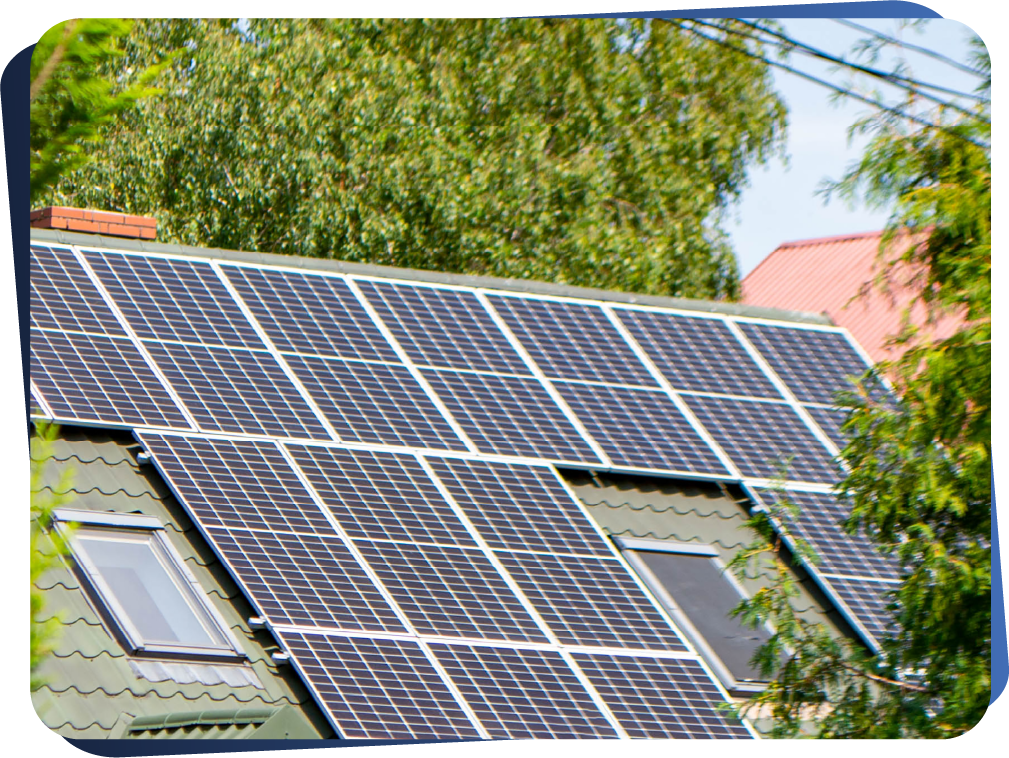You’ve probably heard that solar power helps the environment, but have you ever wondered how? More specifically, can residential solar panels reduce emissions in a way that actually makes a difference? The answer’s not just yes—it’s measurable. By choosing solar, households across Australia are cutting their carbon output and lowering their impact on the grid, all while saving money in the long term.
Are Solar Panels Carbon Neutral Over Time?
Let’s get one thing straight: manufacturing solar panels does produce emissions. From sourcing raw materials to transporting and assembling the systems, there is a carbon cost upfront. That’s where the question of, “are solar panels carbon neutral?” really kicks in. And the good news? Most solar panels offset their production emissions within a few years of use.
Once installed, solar systems generate clean energy without burning fossil fuels. The longer your panels are used, the smaller their overall carbon footprint becomes. With proper maintenance and Australian-made quality—like the panels offered by Core Energy Solutions—systems can run efficiently for 25 years or more. That’s decades of carbon savings after the initial break-even period.
And if you’re weighing it all up, looking at the benefits of solar can help clarify just how much positive impact this kind of setup can deliver over time.
Understanding the Carbon Footprint of Solar Panels
It’s fair to ask about the carbon footprint of solar panels before installation. After all, it’s a system built with materials like aluminium, silicon, and glass. These require energy to produce. But here’s the thing—solar panels don’t emit CO₂ while generating electricity, which makes their lifetime emissions far lower than traditional sources like coal or gas.
In fact, studies show that the carbon footprint of solar panels is roughly 20 times lower than coal-generated power over the same energy output. That’s a solid return for households who want to live more sustainably without giving up convenience or comfort.
Curious about sustainability? A common question we get is is solar completely renewable? It is. Once panels are in place, they produce clean energy daily, drawing power from the sun without depleting natural resources.
Do Solar Panels Have a Long-Term Environmental Impact?
They do—but not in the way you might expect. The environmental impact of solar is largely positive. Residential solar panels help reduce emissions by decreasing the need for electricity from carbon-heavy sources. The more households that install solar, the less pressure there is on fossil fuel-based energy.
So, if you’re wondering if residential solar panels reduce emissions, the answer lies in the ripple effect. One home may not solve the climate crisis, but when thousands across the country make the switch, the combined reduction is significant.
Plus, homes with solar become more efficient and cost-effective over time. This is part of the appeal for buyers, too—which is why many homeowners ask do solar panels increase home value before they install. In many cases, the answer is yes, especially when the system comes with added battery storage.

Are Solar Panels Carbon Neutral Compared to Other Power Sources?
When compared to coal or gas, solar wins hands down. Even with the emissions generated during production, the time it takes for panels to become carbon neutral is relatively short—typically two to three years. After that point, every kilowatt generated is clean.
This is why so many Australians are choosing to make the switch now rather than later. A locally made system from a trusted supplier like Core Energy Solutions means long-term reliability, minimal environmental harm, and lower bills month after month.
And if you’re still undecided, it’s worth checking out the pros and cons of solar for a clearer picture. You’ll find the environmental benefits far outweigh the initial setup considerations.
Reducing the Carbon Footprint of Solar Panels Through Smart Choices
You can go a step further by choosing Australian-made products, which reduce the emissions associated with overseas shipping and support local manufacturing. For that very reason, Core Energy Solutions partners with Tindo, Australia’s only solar panel manufacturer.
Buying locally also ensures your system suits Australian conditions, reducing the need for replacements or repairs. That lowers the long-term solar panel carbon footprint even more—because fewer resources get used over the lifespan of the system.
Why It Matters
Installing residential solar panels isn’t just about cutting costs. It’s about lowering your home’s environmental impact in a practical and long-lasting way. With every kilowatt of solar energy you generate, that’s one less drawn from a fossil fuel source. And that matters—now and for future generations.
So, are solar panels carbon neutral in the bigger picture? Yes, and with the right system installed by the right team, they can offer decades of clean, reliable energy.
